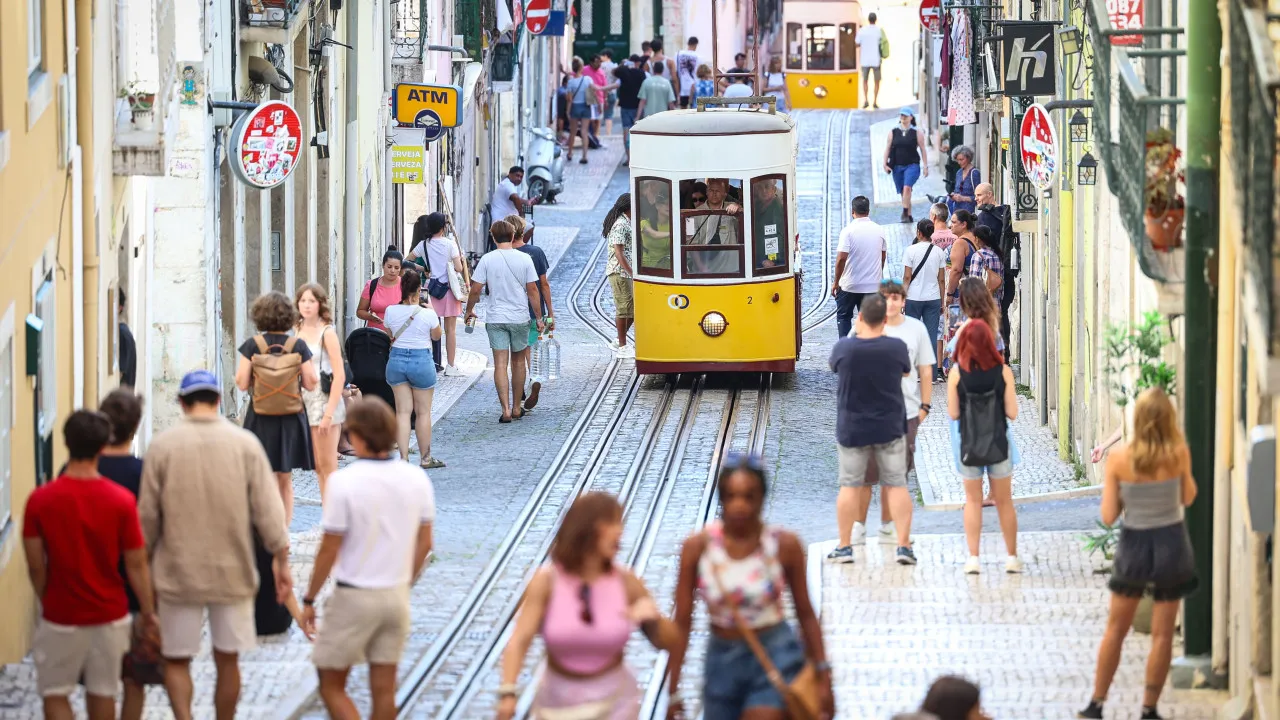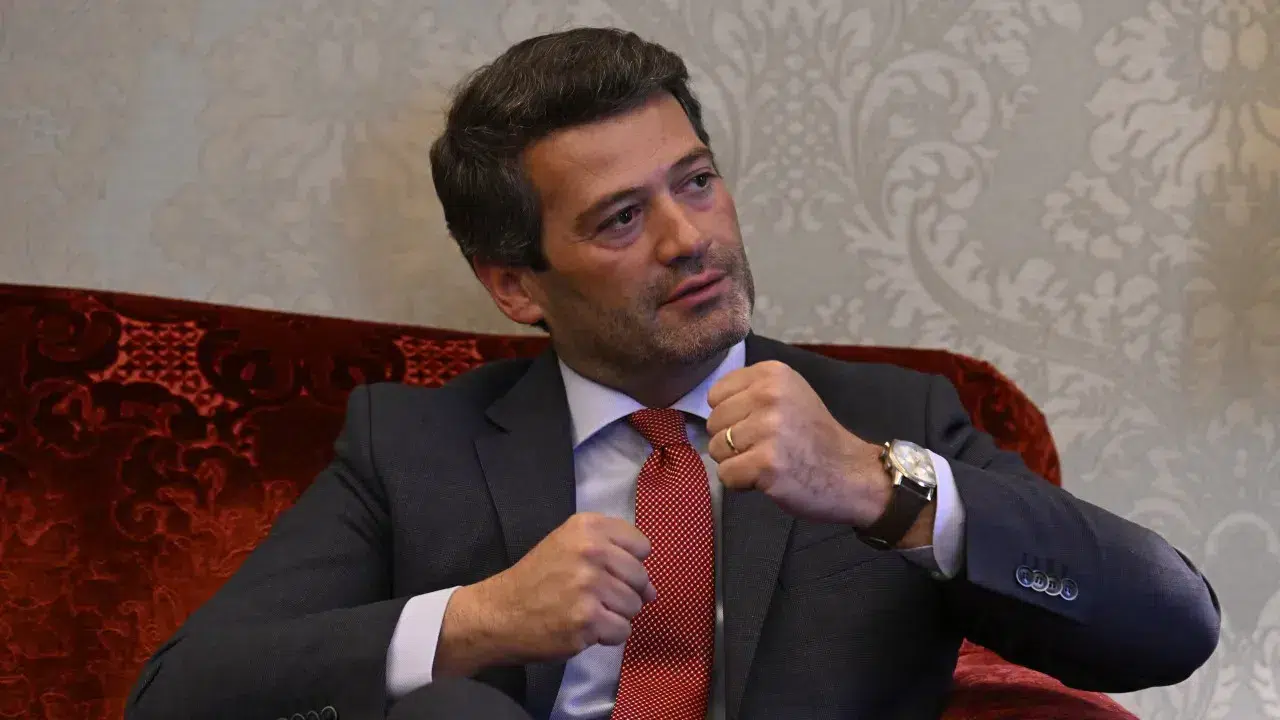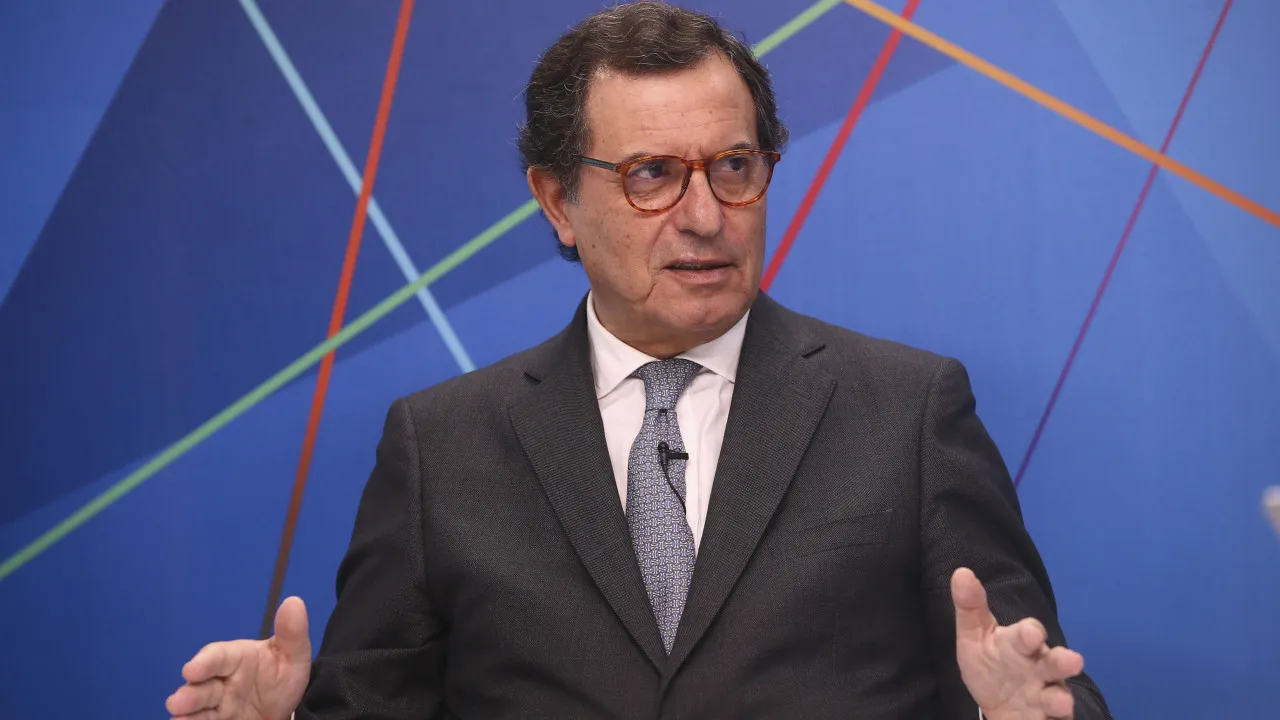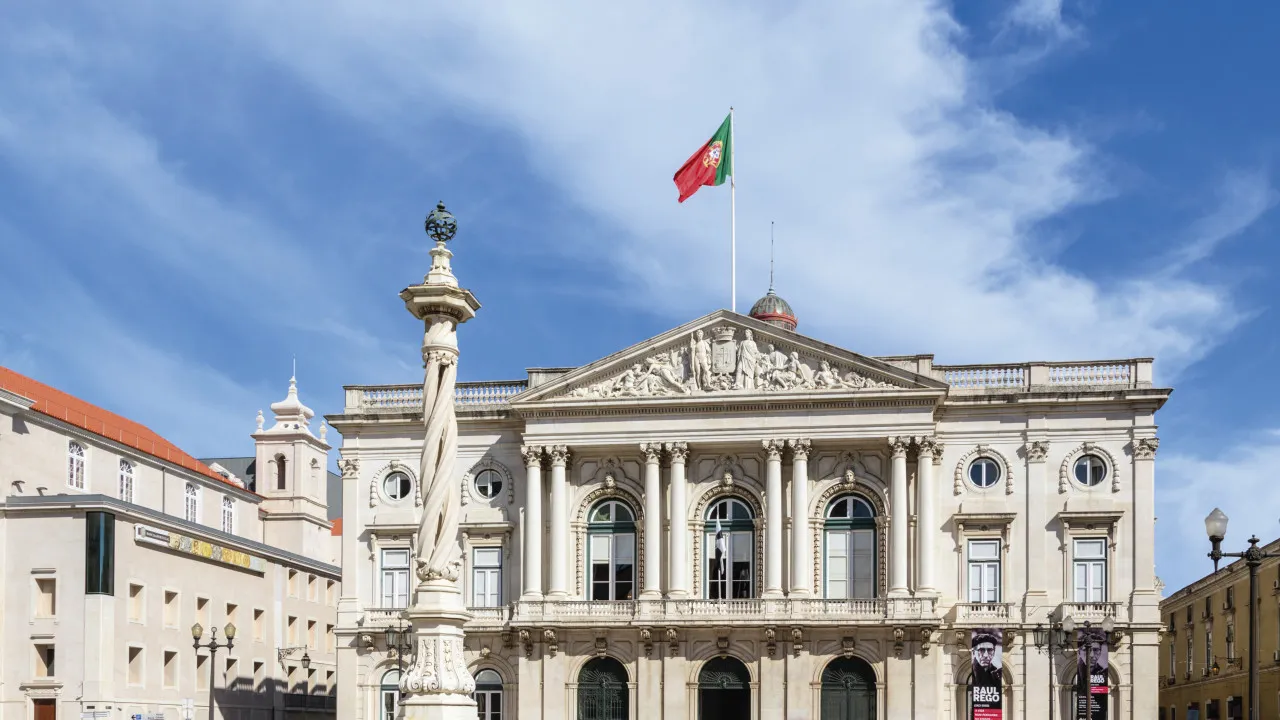
The 2nd Permanent Commission of Economy, Innovation and Tourism examined the theme of “the less visited city – strategies for deconcentrating tourist pressure and mitigating its impact in Lisbon.” This included nearly twenty hearings with local stakeholders, such as the Lisbon Tourism Association, resulting in a report with conclusions and recommendations aimed at the city council.
“Lisbon does not have an excess of tourism, and the objective data we have contradicts this idea,” stated rapporteur Pedro Roque Domingues (PS), who prepared the document—over 100 pages long—alongside Simonetta Luz Afonso (PS).
Domingues noted that the city’s tourism is “poorly distributed and deregulated,” concentrated in areas like Belém, Santa Maria Maior, Bairro Alto, Baixa-Chiado, Alfama, Mouraria, and Castelo, while there is potential for a “third city, the intermediate city.”
“Lisbon has areas with significant tourist potential outside the center, such as Marvila, Beato, Ajuda, Olivais, among others,” the report states, aiming to serve as a starting point for the capital to develop “a plan for tourism decentralization, designed to integrate new areas into a sustainable tourism strategy.”
Other conclusions are that the signage for tourist routes in the city is “insufficient.” There is “a glaring lack of cooperation” among the various actors and stakeholders in the tourism sector, a recent study on the tourist load in the capital is lacking, and “the inadequate coverage of public transport limits visits to some cultural facilities and monuments.”
Similar to the conclusions, the recommendations focus on themes of signage, axes and tourist routes; strategy, cooperation, and coordination; mobility and transport; ticketing and promotion; municipal tourist accommodation tax and heritage; housing and local accommodation.
Most recommendations were unanimously approved, although some proposed measures were supported with votes against or abstentions from BE, PEV, and PCP.
“Promoting the establishment of ‘startups’ in the less visited city, in organized clusters and framed within an integrated strategy, fostering their development and attractiveness,” was one of the recommendations opposed by BE, PEV, and PCP. These parties also abstained from the idea of creating partnerships between public transport and cultural facilities and monuments, “potentially investing in the ‘hop on/hop off’ concept.”
Among the recommendations is the idea to define a strategy to mitigate the capacity constraints of Humberto Delgado Airport (35.1 million passengers in 2024) and to consider, within the context of building the new Lisbon region airport (Aeroporto Luís de Camões in Alcochete), the creation of a single travel tariff between the city and the future airport.
The assembly also decided to recommend the city council to create its own application to decentralize tourism and reduce pressure on the historic center, as well as transforming the Torreão Poente da Praça do Comércio into a center for promoting new proposals for discovering the “less visited city.”
Other proposals include revising the procedures for applying and distributing the Municipal Tourist Accommodation Tax (TMTD) to increase transparency of investments made in this area, and developing a Tourism Impact Mitigation Plan for Lisbon, based on comprehensive city-scale studies.
It is also recommended to assess the evolution of local accommodation, “incorporating it into a broader strategy that contributes to the sustainable growth of the less visited city, promoting the deconcentration and decentralization of overnight stays in parishes already identified as critical.”




